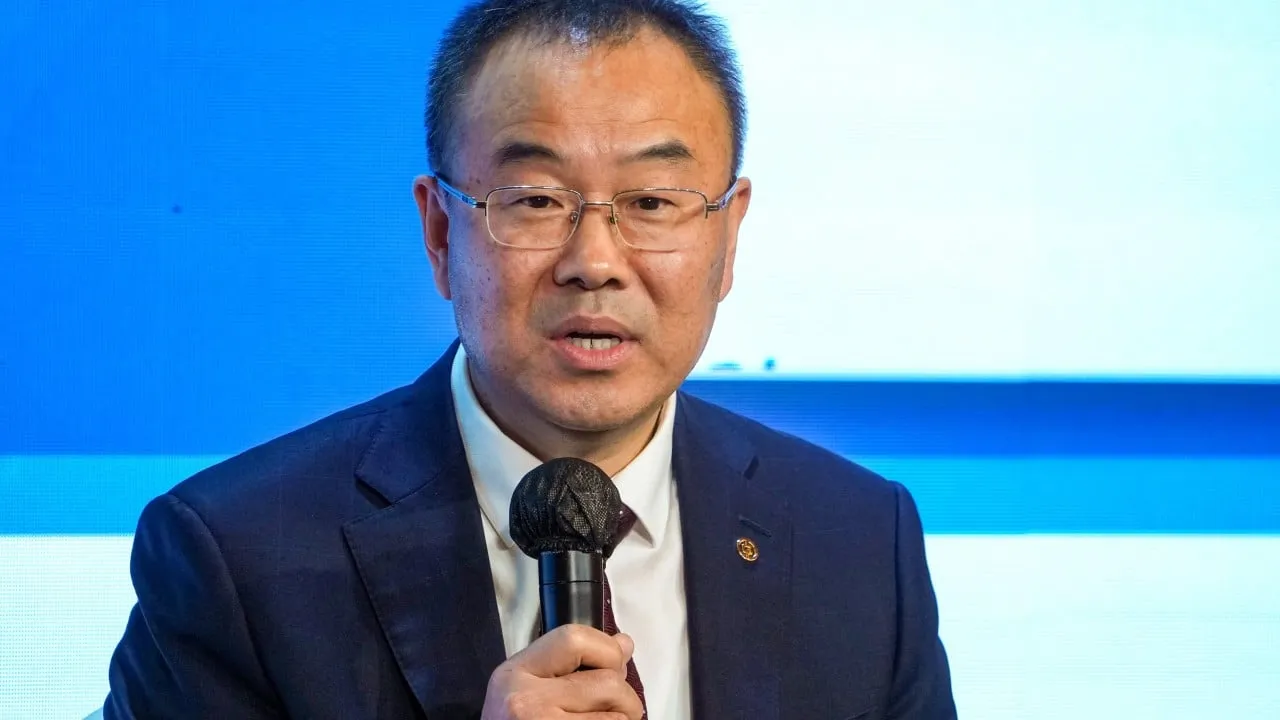Liu Jin's Unexpected Resignation from Bank of China and Its Implications

Liu Jin has resigned as vice-chairman and president of Bank of China, in a surprise move five months after his reappointment. Liu resigned for personal reasons effective August 25, as stated by the state-owned bank in a filing. This unexpected decision comes amid the backdrop of growing scrutiny over financial practices in China's state-owned banks.
Bank of China's history dates back to 1905, with Liu being a prominent figure since joining as president in April 2021. Prior to his role at Bank of China, Liu held key positions in banks such as China Everbright Bank and Industrial and Commercial Bank of China.
Transition in Leadership and Market Reactions
Ge Haijiao, currently serving as chairman of Bank of China, will step in as acting president until Liu's successor is determined. This transition follows increased regulatory actions within the banking sector, including a switch in auditors from PwC China to EY due to financial misconduct allegations pertaining to China Evergrande.
Implications for China's Banking Landscape
Liu Jin's resignation aligns with a broader campaign against corruption impacting top state lenders. Liu Liange’s exit and ongoing investigations by the China Securities Regulatory Commission amplify concerns about governance and oversight in China's banking sector. The market responded with a slight decline in Bank of China's shares, indicating investor apprehension.
This article was prepared using information from open sources in accordance with the principles of Ethical Policy. The editorial team is not responsible for absolute accuracy, as it relies on data from the sources referenced.